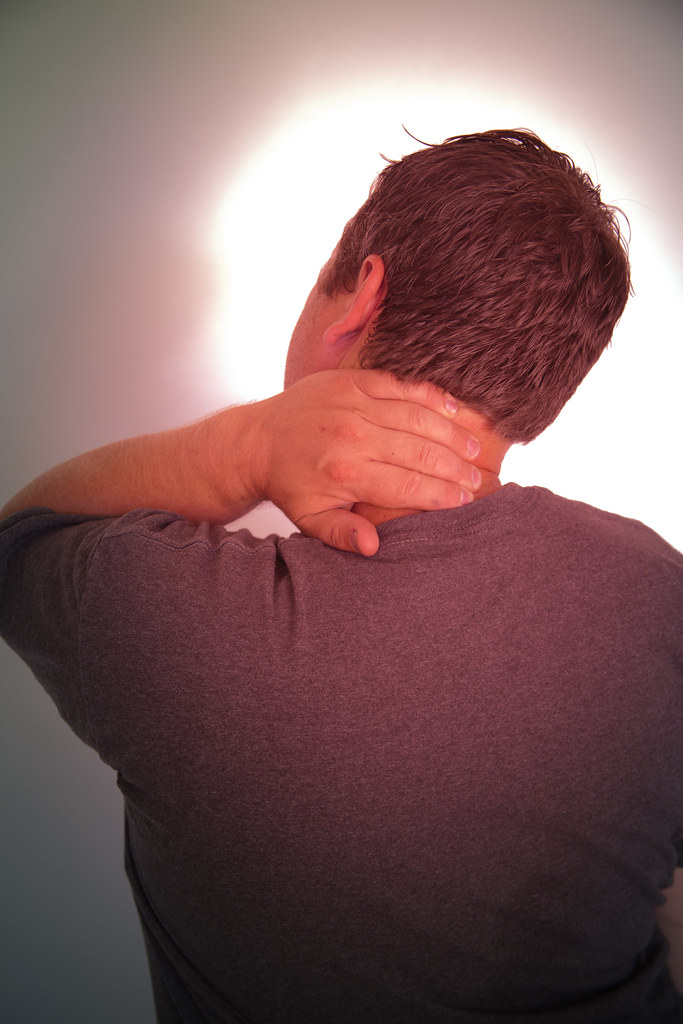Neck pain is a usual medical condition. There are such a lot of causes, it is able to come from a number of illnesses and disorders and may involve any of the tissues inside the neck. Most of the people revel in neck pain or stiffness occasionally. Most of the times neck pain may be relieve within few days because it isn’t that serious.
Common causes of neck pain:
Some general and frequent causes of neck pain are;
- Degenerative disc disease
- Neck strain
- Osteoarthritis
- Cervical spondylosis
- Spinal stenosis
- Poor posture
- Neck damage like whiplash, a herniated disc, or a pinched nerve
Symptoms of neck pain:
You may experience following symptoms if you’re suffering from neck pain;
- Pain and stiffness
- Numbness or tingling
- Dizziness and blackouts
- Grating and clicking noises
- Muscle spams
- Sleep disturbance
Diagnosis of neck pain:
For the diagnosis of neck pain following tests are available;
- X-ray evaluation
- CT scan
- Bone scan
- MRI scan
- Myelogram
- Electromyography (EMG)
- Nerve conduction pace test (NCV)
How neck pain is treated?
- Apply ice for the first few days. Then apply heat with a heating pad, hot compress, or with the aid of taking a hot shower.
- Take a few days off from sports and activities that worsen your signs, and heavy lifting. When you resume regular activity, do as slowly as your symptoms ease.
- Exercise your neck every day. Slowly stretch your head in up-and-down and side-to-facet motions.
- Avoid carrying heavy shoulder bags.
- Avoid assisting the telephone between your neck and shoulder.
- Change your position often. Don’t take a seat or stand in one unique position for too long.
- Get a gentle neck massage.
- For sleeping; use a special neck pillow
- Don’t use a neck collar without your doctor’s approval. Because in case you don’t use them properly, they can make your signs worse.
- Adjust your desk, chair and computer.
Sleep in a terrific function.
- Don’t use too many pillows.
Other medical treatments for neck pain include;
- Pain drugs; stronger pain drug treatments, muscle relaxants and tricyclic antidepressants may be used for pain relief.
- Physical therapy; accurate posture, alignment and neck-strengthening exercise assist you to in relieving neck pain.
- Transcutaneous electrical nerve stimulation (TENS); delivers tiny electrical impulses which could relieve pain by way of placing electrodes on your skin close to the painful areas.
- Steroid injections; corticosteroids are usually injected near the nerve root or into the muscle groups on your neck to assist with the neck pain.
- Short-term immobilization; a smooth collar that supports your neck would possibly also assist relieve pain.
- Acupuncture; is a sort of neck pain remedy in which tiny needles are inserted at a number of web sites on the skin which then launch painkillers and interferes with the signals in your brain which are related to pain.
For further information call us on 815.412.6166




